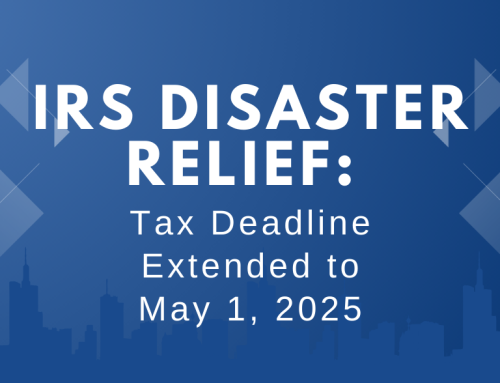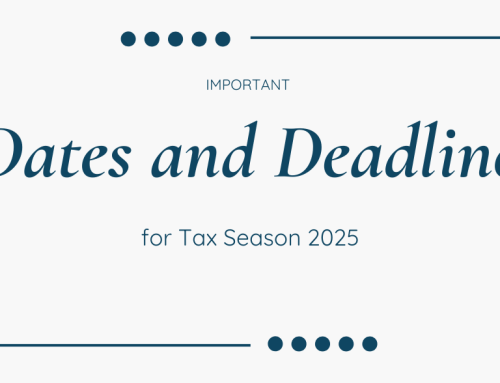As taxpayers are getting ready to file their taxes, the first thing they should do is gather their records. To avoid processing delays that may slow their refund, taxpayers should gather all year-end income documents before filing a 2021 tax return.
It’s important for people to have all the necessary documents before starting to prepare their return. This helps them file a complete and accurate tax return. Here are some things taxpayers need to have before they begin doing their taxes.
- Social Security numbers of everyone listed on the tax return. Many taxpayers have these numbers memorized. Still, it’s a good idea to have them on hand to double check that the numbers on the tax return are correct. An SSN with one number wrong or two numbers switched will cause processing delays.
- Bank account and routing numbers. People will need these for direct deposit refunds. Direct deposit is the fastest way for taxpayers to get their money and avoids a check getting lost, stolen or returned to IRS as undeliverable.
- Don’t have a bank account? Learn how to open an account at an FDIC-Insured bank or through the National Credit Union Locator Tool. Veterans can access the Veterans Benefits Banking Program.
- Forms W-2 from employer(s).
- Forms 1099 from banks, issuing agencies and other payers including unemployment compensation, dividends, distributions from a pension, annuity or retirement plan.
- Form 1099-K, 1099-MISC, W-2 or other income statement for workers in the gig economy.
- Form 1099-INT for interest received
- Other income documents and records of virtual currency transactions.
- Forms 1095-A, Health Insurance Marketplace Statement. Taxpayers will need this form to reconcile advance payments or claim the premium tax credit.
- Letter 6419, 2021 Total Advance Child Tax Credit Payments, to reconcile advance child tax credit payments.
- Letter 6475, Your 2021 Economic Impact Payment, to determine eligibility to claim the recovery rebate credit.
Forms usually start arriving by mail or are available online from employers and financial institutions in January. Taxpayers should review them carefully. If any information shown on the forms is inaccurate, the taxpayer should contact the payer ASAP for a correction.





